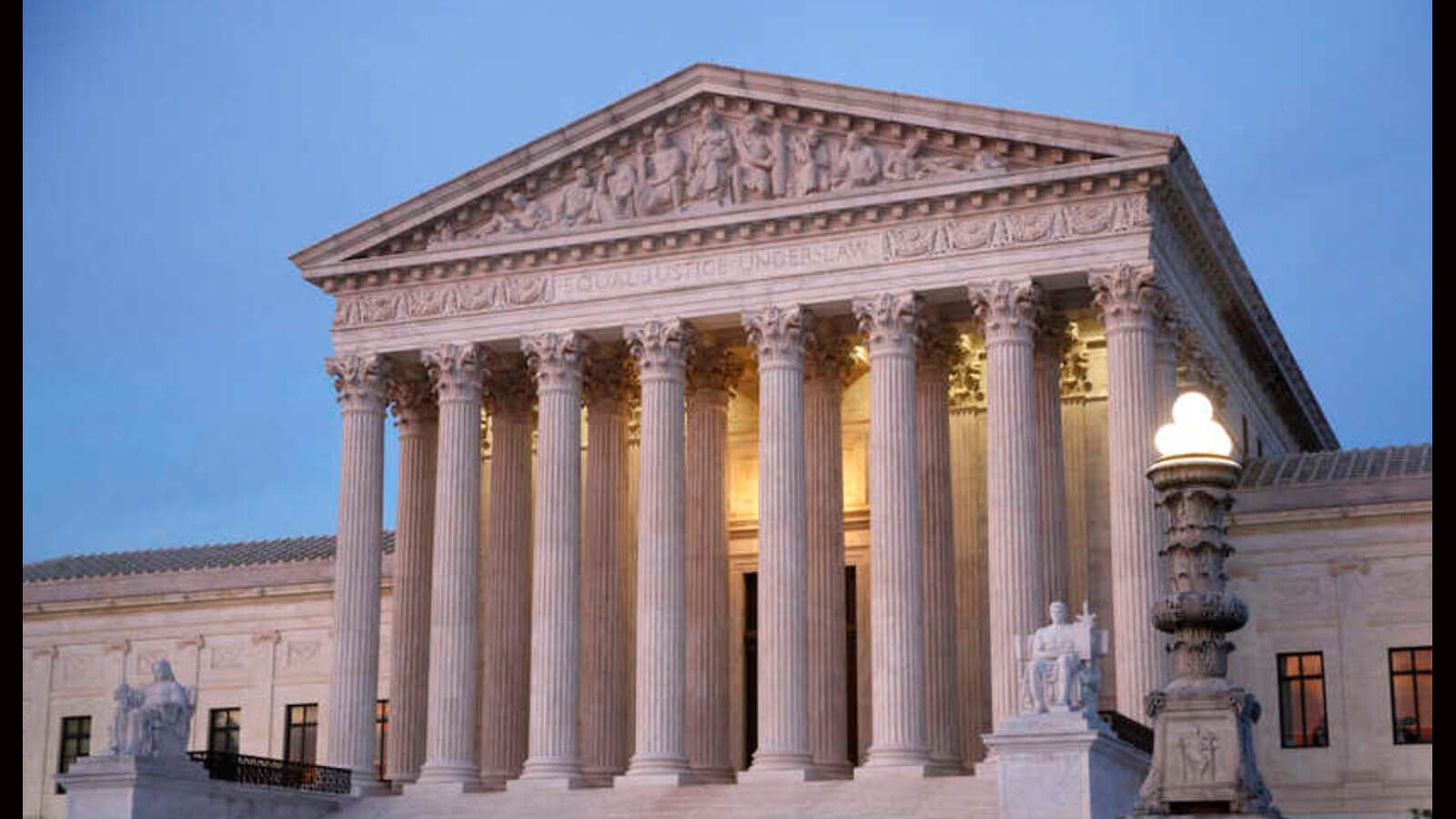People who are not Native Americans can be detained temporarily and searched by police on Indian reservations such as the Wind River Reservation in Wyoming if their behavior poses a threat to the safety of those on the reservation, the U.S. Supreme Court has ruled.
Justices found that a Crow Police Department officer on the Crow Reservation in Montana acted properly when he seized meth from a non-Indian driver.
According to the U.S. Supreme Court ruling issued Tuesday, the officer saw a truck parked on the right-of-way of a public highway of the Crow Reservation in February 2016.
The officer found the truck’s driver had “watery, bloodshot eyes” and noticed two semiautomatic rifles on the truck’s front seat. He also saw a glass pipe and plastic bag containing meth.
When other officers arrived to assist, the officer was directed to seize all contraband in plain view, leading to the discovery of more meth. The driver was then taken to the Crow Police Department, where he was held while he was questioned by federal officers.
However, federal appeals courts agreed to suppress as evidence the drugs seized from the truck, saying the tribal police officer had no authority to investigate “non-apparent” violations of state or federal law by a non-Indian.
The Supreme Court disagreed, finding its previous rulings provided tribal police exactly such authority to protect tribal members.
“To deny a tribal police officer authority to search and detain for a reasonable time any person he or she believes may commit or has committed a crime would make it difficult for tribes to protect themselves against ongoing threats,” the opinion said.
Tribal police officers cannot detain non-tribal members for violations of tribal law that is only in effect on the reservation, the ruling said, but they can detain non-tribal members for violations of state or federal laws on a public road that would apply both inside and outside of the reservation.
The appeals courts said that before the officer detained the truck’s driver, he should have determined whether the driver was non-Indian and then he could only have detained the man had he been involved in an “apparent violation” of the law.
But the Supreme Court said such an arrangement would be impractical.
“The first requirement, even if limited to asking a single question, would produce an incentive to lie,” it said. “The second requirement — that the violation of law be ‘apparent’ — introduces a new standard into search and seizure law. Whether, or how, that standard would be met is not obvious.”





